Townhall Times Staff | September 1, 2025In a reckless escalation of the U.S.-India trade dispute, White House trade advisor Peter Navarro sparked widespread condemnation with his September 1, 2025, Fox News remark accusing Indian “Brahmins” of “profiteering at the expense of the Indian people” through purchases of discounted Russian oil. Intended to bolster President Donald Trump’s 50% tariffs on Indian imports, the statement has been slammed as casteist and inflammatory, uniting India’s political and intellectual elite—many tied to the Brahmin caste—in a rare bipartisan stand against U.S. overreach and cultural insensitivity. Navarro’s comment not only misrepresents India’s economic strategy but also risks inflaming caste tensions, exposing the dangers of wielding culturally loaded terms in diplomatic spats.
Navarro’s Provocative ClaimDuring a Fox News interview, Navarro called India a “laundromat for the Kremlin,” alleging that its refiners buy cheap Russian crude, process it, and sell it at a premium globally, fueling Russia’s war in Ukraine. “You’ve got Brahmins profiteering at the expense of the Indian people. We need that to stop,” he declared, invoking a term that, in India, refers to a historically privileged caste but is used in the U.S. to denote economic elites, as in “Boston Brahmin.” In India, however, the remark was seen as a deliberate jab at caste dynamics, prompting outrage for its perceived intent to malign the nation’s leadership and sow domestic discord.
Navarro’s statement is part of a broader pattern of inflammatory rhetoric, including branding the Ukraine conflict “Modi’s war” and accusing India of being a “strategic freeloader.” These claims align with Trump’s tariffs, which a U.S. Appeals Court has ruled illegal, aimed at pressuring India over its neutral stance in the Russia-Ukraine conflict. Critics argue this approach is hypocritical, as the U.S. imports Russian uranium and Europe buys Russian gas, yet India faces disproportionate scrutiny for its oil trade.
A Unified Brahmin-Led Elite ResponseThe backlash was immediate and crossed party lines, with India’s political and intellectual elite—many from Brahmin or upper-caste backgrounds—rallying to defend national sovereignty. Shiv Sena MP Priyanka Chaturvedi called the remark “shameful and sinister,” arguing that invoking caste was a calculated move. “The usage of ‘Brahmin’ by someone senior in the U.S. administration cannot come out of the blue in India’s context—this was deliberate,” she posted on X, rejecting attempts to frame it as a reference to American elites.
Sanjeev Sanyal, a Brahmin and member of Prime Minister Narendra Modi’s Economic Advisory Council, tied Navarro’s comment to 19th-century colonial stereotypes, accusing the U.S. of perpetuating an Orientalist narrative. “This is derived directly from colonial jibes going back to the likes of James Mill,” he said, invoking Edward Said’s critique of Western portrayals of the East. Congress leader Pawan Khera, another upper-caste figure, slammed the U.S. for “baseless statements,” defending India’s oil trade as a pragmatic response to global markets.
Even Trinamool Congress MP Sagarika Ghose, who noted the American use of “Brahmin” as referring to elites, faced criticism for seemingly downplaying the remark’s cultural weight. Her post on X—“‘Boston Brahmin’ was once a widely used term in the US to refer to the American New England wealthy elite”—drew sharp rebuttals, with many arguing Navarro’s intent was caste-specific in India’s context. Former Foreign Secretary Kanwal Sibal, a prominent Brahmin voice, called the remark “fatuous” and “vicious,” questioning its application to India’s public sector oil companies.
This unified response highlights a rare solidarity among India’s Brahmin-led elite, spanning BJP, Congress, Shiv Sena, and Trinamool Congress, in rejecting foreign interference. The controversy has galvanized these leaders to defend India’s strategic autonomy, particularly its energy trade with Russia, which they argue stabilizes fuel prices for the broader population.
Critiquing Navarro’s MisstepNavarro’s use of “Brahmins” is a critical miscalculation. In India, the term is inseparable from caste, a deeply sensitive social issue. By framing India’s oil trade as elite profiteering, Navarro oversimplifies a complex strategy involving state-owned entities like Indian Oil Corporation, which have no caste affiliation. External Affairs Minister S. Jaishankar has defended India’s oil purchases, stating, “If you have a problem buying oil or refined products from India, don’t buy it,” emphasizing market-driven decisions and national interests.
The U.S. narrative ignores India’s geopolitical balancing act, underscored by Prime Minister Modi’s recent meetings with Russia’s Vladimir Putin and China’s Xi Jinping at the SCO summit. Navarro’s remarks, timed with these engagements, appear designed to pressure India but risk alienating a key U.S. partner. Veteran journalist Vikram Chandra called for Navarro to be silenced, stating, “The fact that no one in the U.S. establishment can take him away from the microphone says a lot.” National security analyst Derek J. Grossman warned, “Fomenting caste unrest in India should never be U.S. foreign policy,” highlighting the diplomatic folly.
A Dangerous PrecedentNavarro’s remark echoes past controversies, like Jack Dorsey’s 2018 “Smash Brahminical Patriarchy” photo, which sparked similar outrage for targeting India’s cultural identity. By invoking caste, Navarro risks inflaming tensions in a politically charged Indian landscape, where caste remains a divisive issue. The unified elite response—led by Brahmin figures across parties—underscores a collective rejection of external narratives that exploit India’s social complexities.
India’s leaders have also exposed Western double standards. A government source told India Today, “Europe still buys Russian gas, and the U.S. imports Russian uranium. India acted responsibly, followed global frameworks, and prevented prices from spiraling.” This resonates with a broader Indian public frustrated by U.S. bullying, reinforcing elite unity against Navarro’s rhetoric.
Peter Navarro’s “Brahmins profiteering” remark has backfired, uniting India’s Brahmin-led political and intellectual elite in a powerful display of solidarity against U.S. trade aggression and cultural insensitivity. By misusing a caste-laden term, Navarro mischaracterized India’s oil trade and underestimated the resolve of its leadership to defend national interests. As India asserts its role in a multipolar world, such provocations threaten to strain U.S.-India ties, undermining Washington’s strategic goals in the Indo-Pacific. The controversy demands diplomatic restraint to avoid deepening the rift between two critical partners.

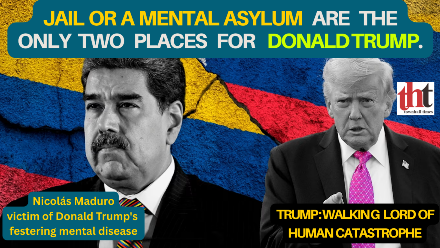



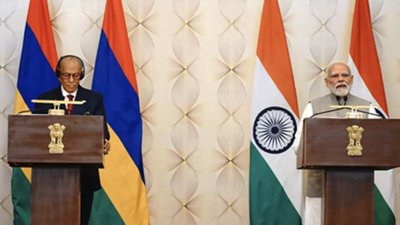
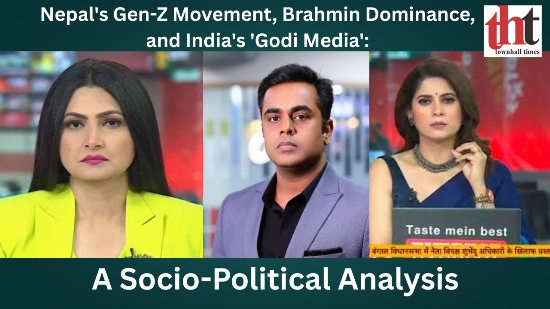
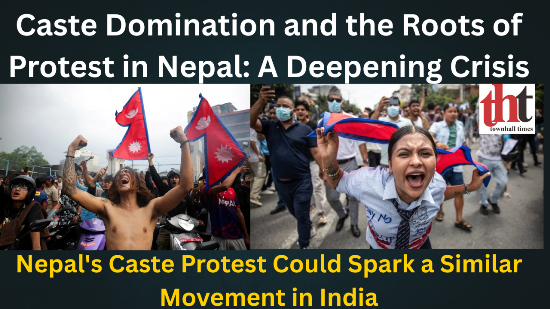
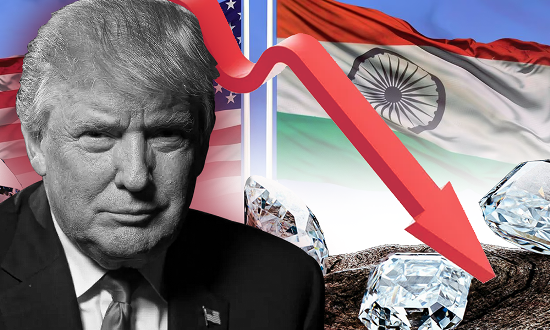
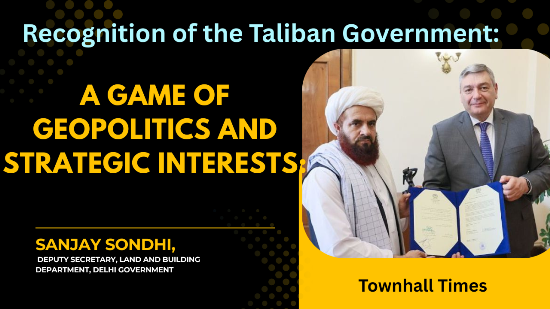

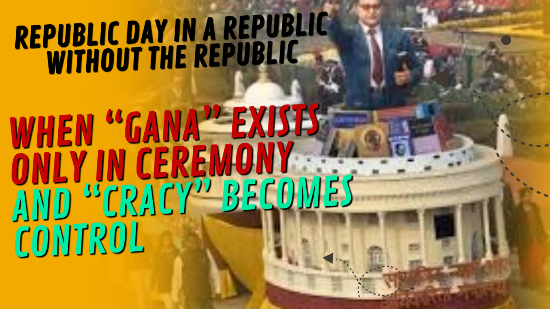
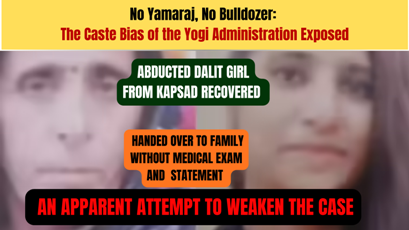


Leave a Reply